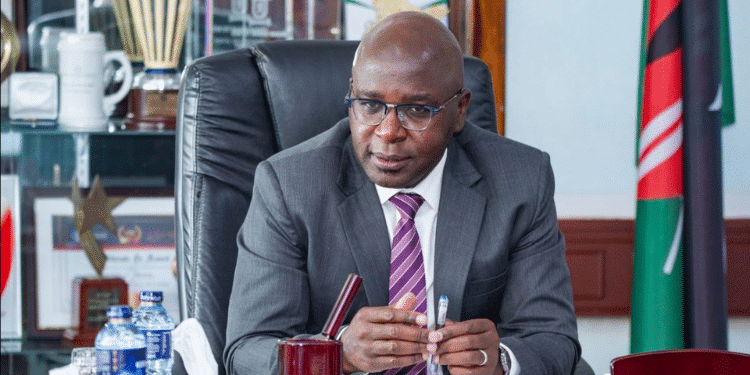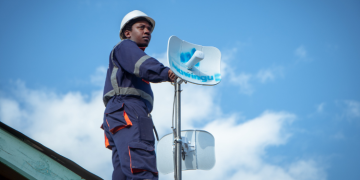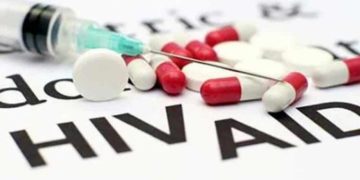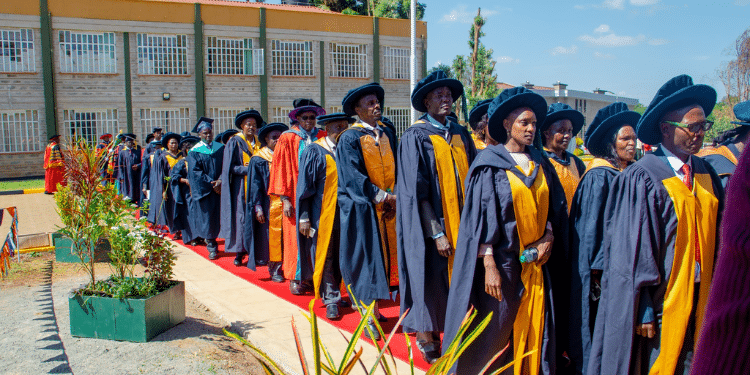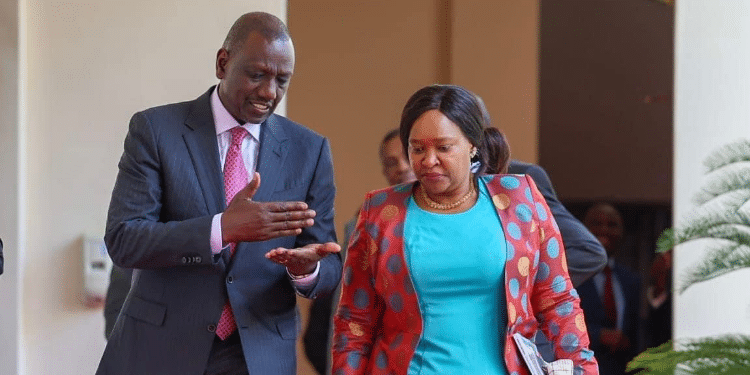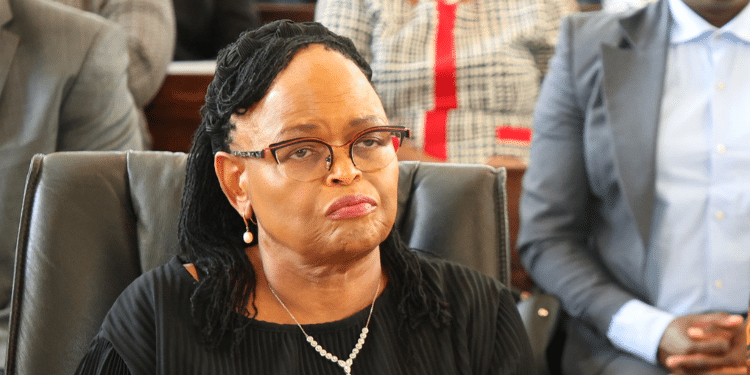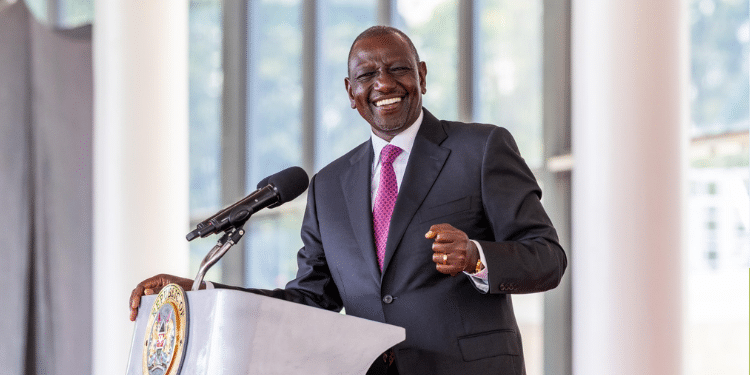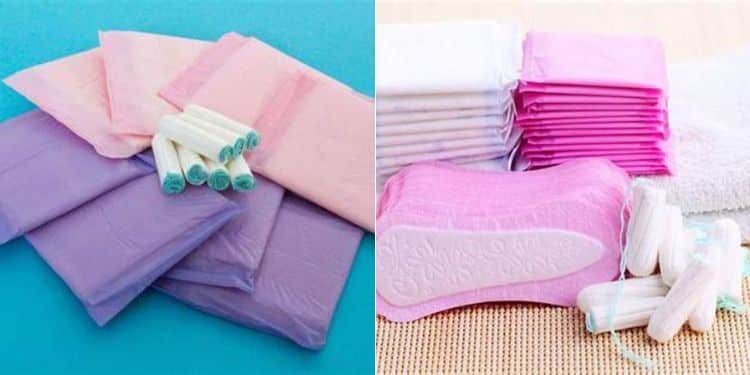As we commemorate World Toilet Day this year, the focus is on ‘Accelerating Change’ towards better sanitation systems worldwide.
In Kenya, the discourse around public facilities have long highlighted the importance of essentials like toilet paper and water.
However, there exists a critical disparity glaring us in the face: the absence of sanitary towels in these public spaces.
It is time to underscore the urgent need to provide sanitary towels in public restrooms across primary and secondary schools, universities, and public toilets, elevating their importance alongside basic amenities like toilet paper and water.
Sanitation Challenges
Kenya, like many other nations, grapples with inadequate access to proper sanitation facilities.

Notably, poor sanitation not only contaminates water sources but also spreads fatal diseases, posing a significant threat to public health.
Also Read: USAID Launched $100M Investment to Enhance Water, Sanitation and Hygiene
The United Nations rightly emphasizes the far-reaching consequences of unsanitary conditions, including contamination of drinking-water sources, rivers, beaches, and food crops, which imperil the health of countless individuals.
The current scenario in public facilities for women across Kenya reflects a skewed prioritization: while toilet paper and water are almost universally available, sanitary towels—a fundamental necessity for menstrual hygiene—are glaringly absent.
This discrepancy not only perpetuates gender inequality but also jeopardizes the health, education, and dignity of menstruating individuals.
Let’s delve into the pressing statistics surrounding menstrual hygiene in Kenya.
Shockingly, a substantial number of young girls face many challenges due to the unavailability of sanitary towels.
Furthermore, UNESCO reports that a significant percentage of Kenyan girls miss school during their menstruation due to inadequate access to menstrual hygiene products. This absence from educational institutions not only impedes their academic progress but also deepens societal disparities.
Way Forward
The World Toilet Day campaign advocates for increased investment in sanitation systems, highlighting the cost-effectiveness of such investments.
The argument is compelling: allocating resources to improve sanitation doesn’t just prevent diseases; it saves substantial amounts in healthcare expenses resulting from poor sanitation-related illnesses.
Providing sanitary towels in public restrooms of schools, universities, and public toilets isn’t a luxury but a necessity.
It’s an investment in the health, education, and dignity of millions of menstruating individuals across Kenya.
Imagine the positive impact on education and public health if menstrual hygiene products were as readily available as toilet paper and water.
Also Read: USAID Boss Calls For Enhanced Donor Support In Turkana
To accelerate change and align with the essence of this year’s World Toilet Day theme, personal action becomes imperative.
It necessitates a collective effort to demand policy changes, increased awareness, and concerted efforts from authorities and institutions responsible for public facilities.
Let’s advocate for the inclusion of sanitary towels as essential items in these spaces, ensuring equality and dignity for all.
Elevating the importance of sanitary towels in public facilities isn’t just a matter of hygiene; it’s a matter of recognizing menstrual health as a fundamental human right. It’s a step towards creating a more inclusive, equitable society where access to basic necessities isn’t determined by gender.
In this World Toilet Day let’s champion the cause for equality in sanitation. Let’s call for the inclusion of sanitary towels in public toilets and schools across Kenya, highlighting their importance alongside toilet paper and water. It’s a pivotal step towards ensuring that no individual, regardless of gender, faces barriers to proper sanitation and hygiene.
The writer, Frida Karani, is a Nguvu Change Leader, currently championing an online advocacy campaign titled “Establish Pad Banks in Every Constituency.” Email: [email protected].

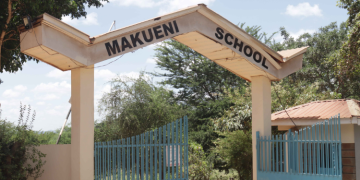
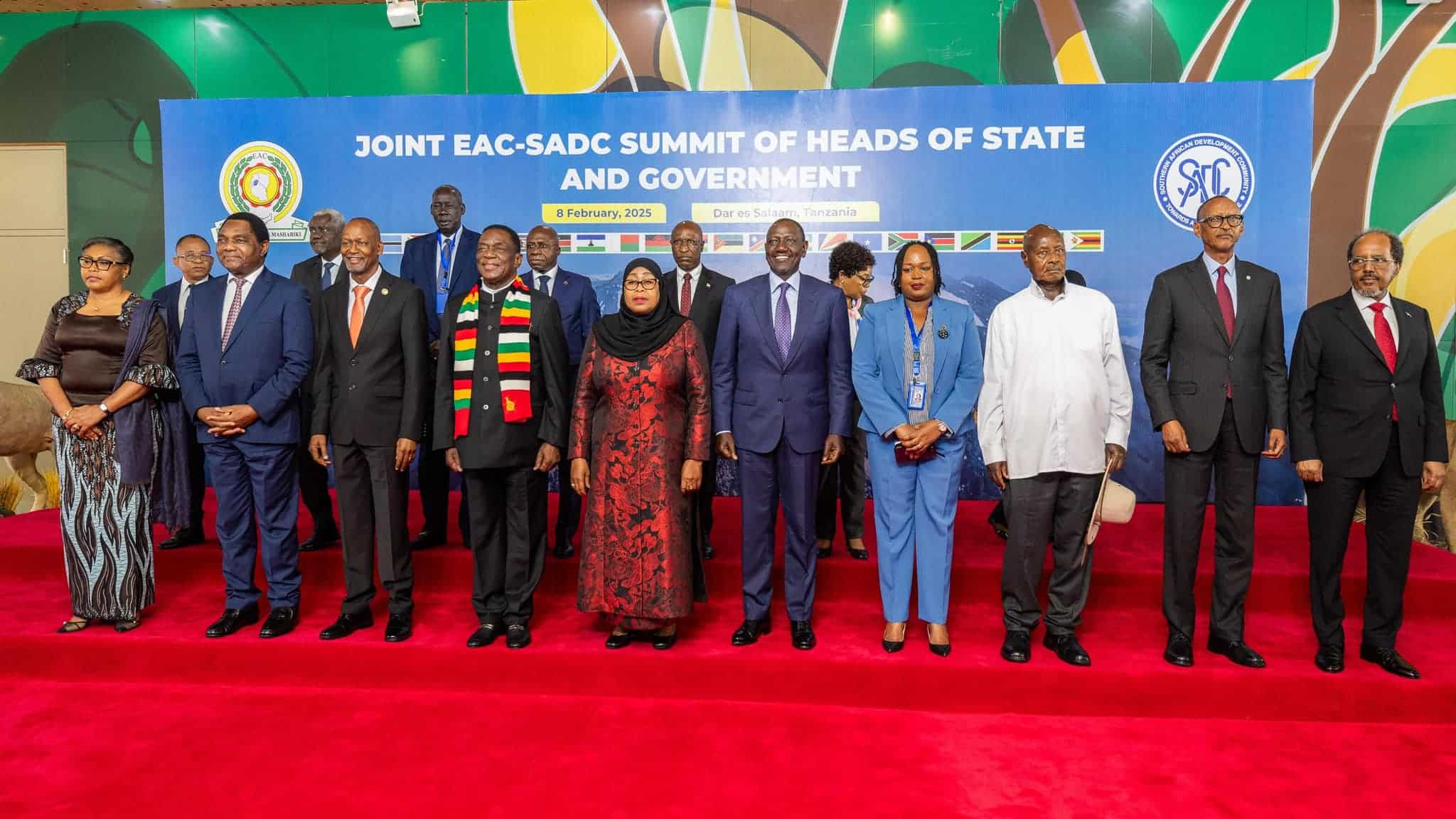
![Debate Rages Over Proposed Increase In Legal Drinking Age [Video] Nacada Raises Legal Drinking Age From 18 To 21]( https://thekenyatimescdn-ese7d3e7ghdnbfa9.z01.azurefd.net/prodimages/uploads/2025/07/beer-360x180.jpg)

















